Metal crowns on teeth

specialists

equipment

treatment
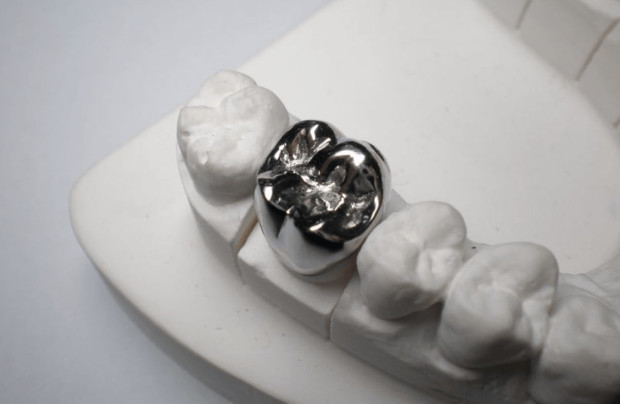
Metal crowns are often installed on teeth that have been significantly weakened by large fillings. For example, if there is very little natural tissue left on a tooth after caries removal, a crown helps to strengthen it and prevent further decay.
Other indications for installing metal crowns:
- Distortion of the shape, location and length of molars
- Insufficient formation of tooth enamel
- Damage to the natural upper part of the molar
- Damage to the tooth by more than half
- Discoloration of the upper layer of the molar
- Chipped, cracked teeth
- Spaces between teeth
In addition, crowns often serve as a support for removable dentures.
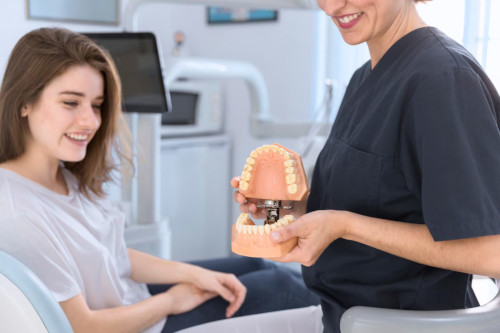
Sometimes installing metal crowns can cause harm. Here are the main contraindications:
- Bruxism. Grinding leads to damage to metal crowns installed on teeth
- Allergic reaction to the metal used in the overlay (in the most severe cases, Quincke's edema develops against this background)
- Incorrect closure of the dental arches (this prevents the correct installation of the crown)
Another contraindication is resorption of the tooth root. Installation of the overlay is impossible against the background of loss of dentin and surrounding bone tissue.
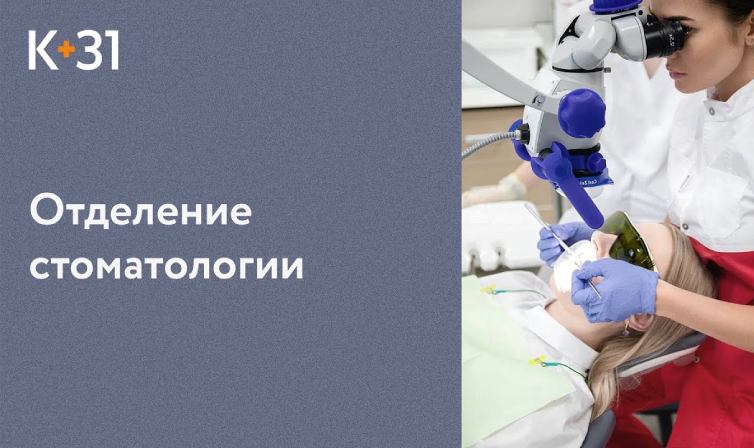
Modern methods of diagnostics and dental treatment at "K+31"
Answers to popular questions
Dental specialists from the K+31 clinic (Moscow) answered the most common questions about metal crowns.
Is it necessary to remove the nerve from the tooth before installing a crown?
“There is no need to remove the nerve before installing a crown if the tooth is not damaged,” says the doctor. “However, crowns are often needed to restore severely damaged teeth. In such cases, the pulp, if it is inflamed or necrotic, is usually removed. This happens as part of endodontic treatment.
In this case, damaged tissue is removed from the root canals, they are expanded, treated with antiseptics and filled. After this, the root of the tooth is strengthened with pins or inlays and a crown is installed.
If the walls of the tooth are very thin, there may be a risk of overheating during preparation. This can lead to inflammation of the pulp. To avoid subsequent problems, we sometimes decide to remove the pulp in advance.”
How many years do dental crowns last?
There is no clear answer to this question. The service life depends on the condition of the tooth, the quality of the prosthetist's work, oral hygiene, the person's health and the presence of bad habits.
On average, with proper care, crowns last 8-10 years. However, if the tooth was initially in good condition, the crown can last up to 20 years.
To make an appointment at our clinic, fill out the application form. The prices for dental restoration with metal crowns in our center are average for the capital. You can find out the cost of installing a metal crown on a tooth and other dental services by phone.
Our doctors

This award is given to clinics with the highest ratings according to user ratings, a large number of requests from this site, and in the absence of critical violations.

This award is given to clinics with the highest ratings according to user ratings. It means that the place is known, loved, and definitely worth visiting.

The ProDoctors portal collected 500 thousand reviews, compiled a rating of doctors based on them and awarded the best. We are proud that our doctors are among those awarded.
Make an appointment at a convenient time on the nearest date
Price
Other Services







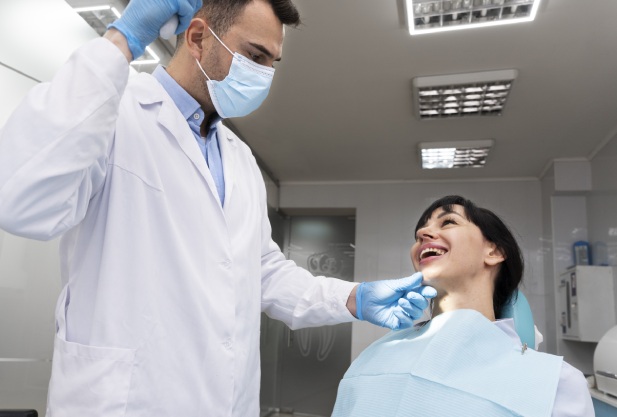
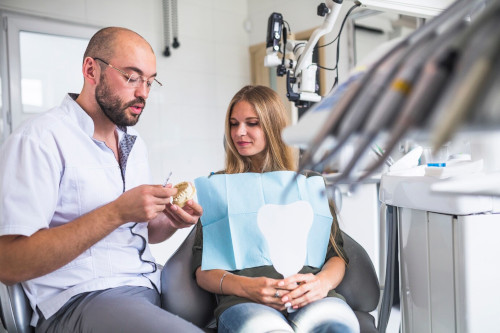

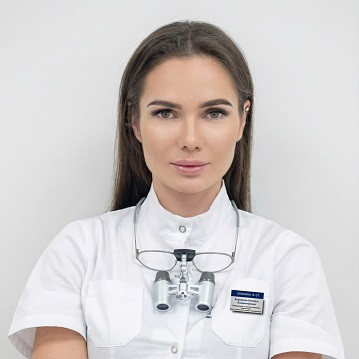

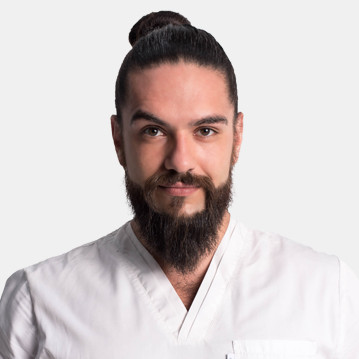
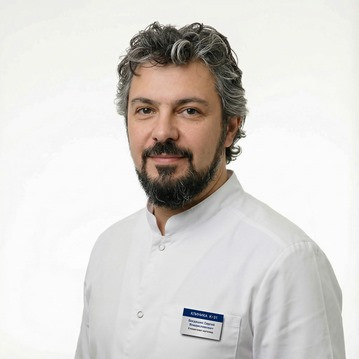

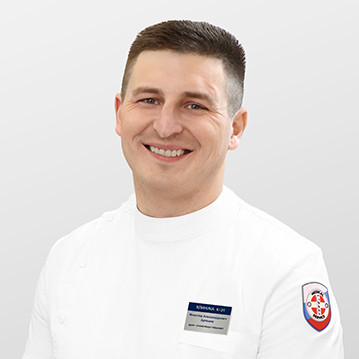
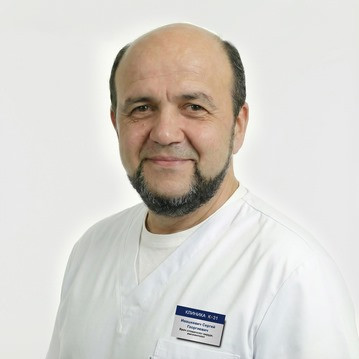

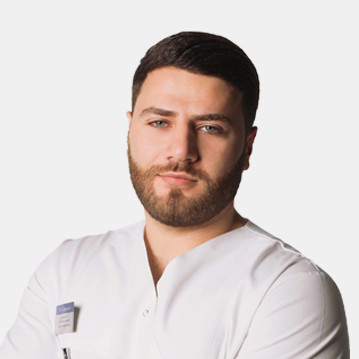


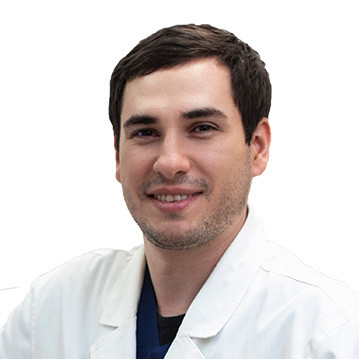
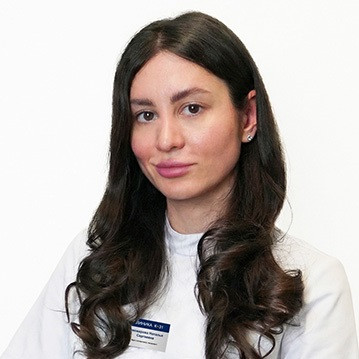
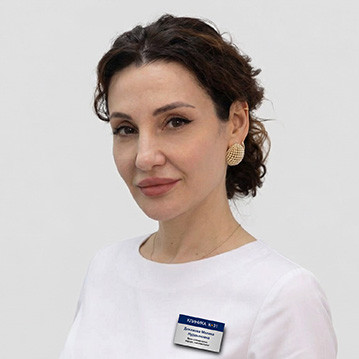
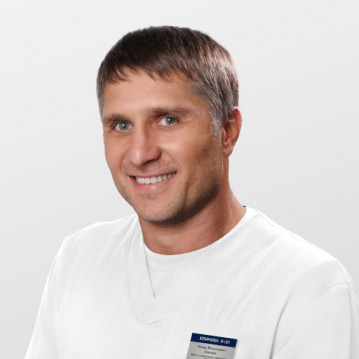
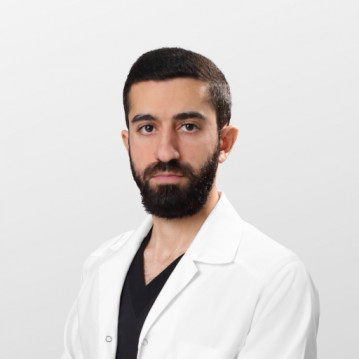
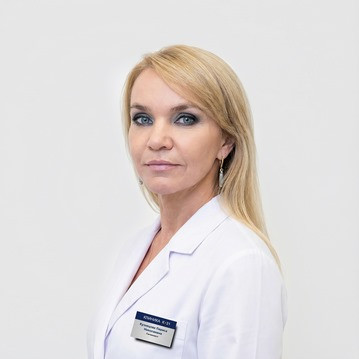


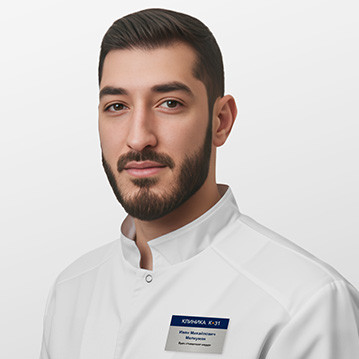
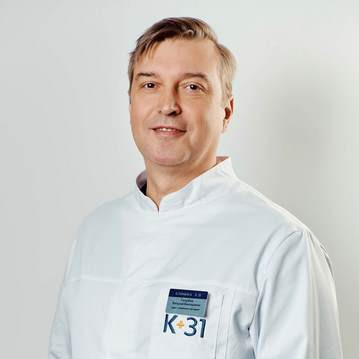



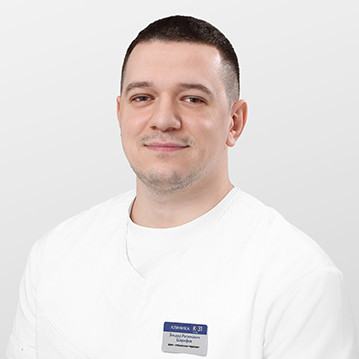
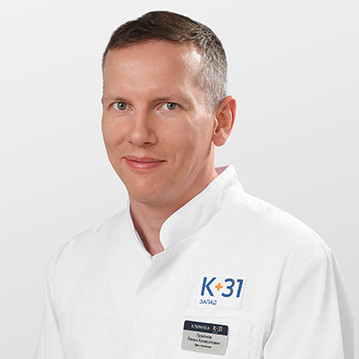




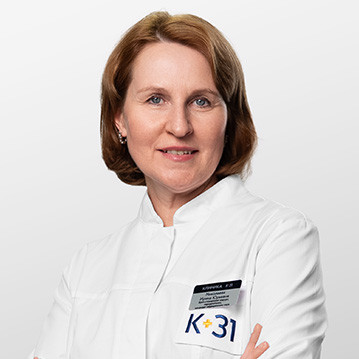



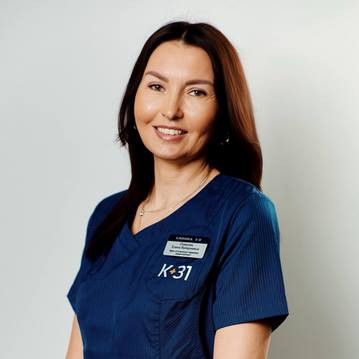















Features of metal crowns
Micro-prostheses made of metal are formed according to a pre-prepared model made on the basis of jaw impressions. All metal dental crowns are made of the same alloy. This is necessary to avoid galvanosis.
To make the appearance of dentures more attractive, a “gold-like” coating is often used in their manufacture. In addition, dentures with a white coating have recently begun to be made. Such products are almost indistinguishable from natural teeth.
Sometimes a layer of plastic or ceramics is applied to the front part of the crowns. The structure still remains metal, since the coating is applied only on one side.